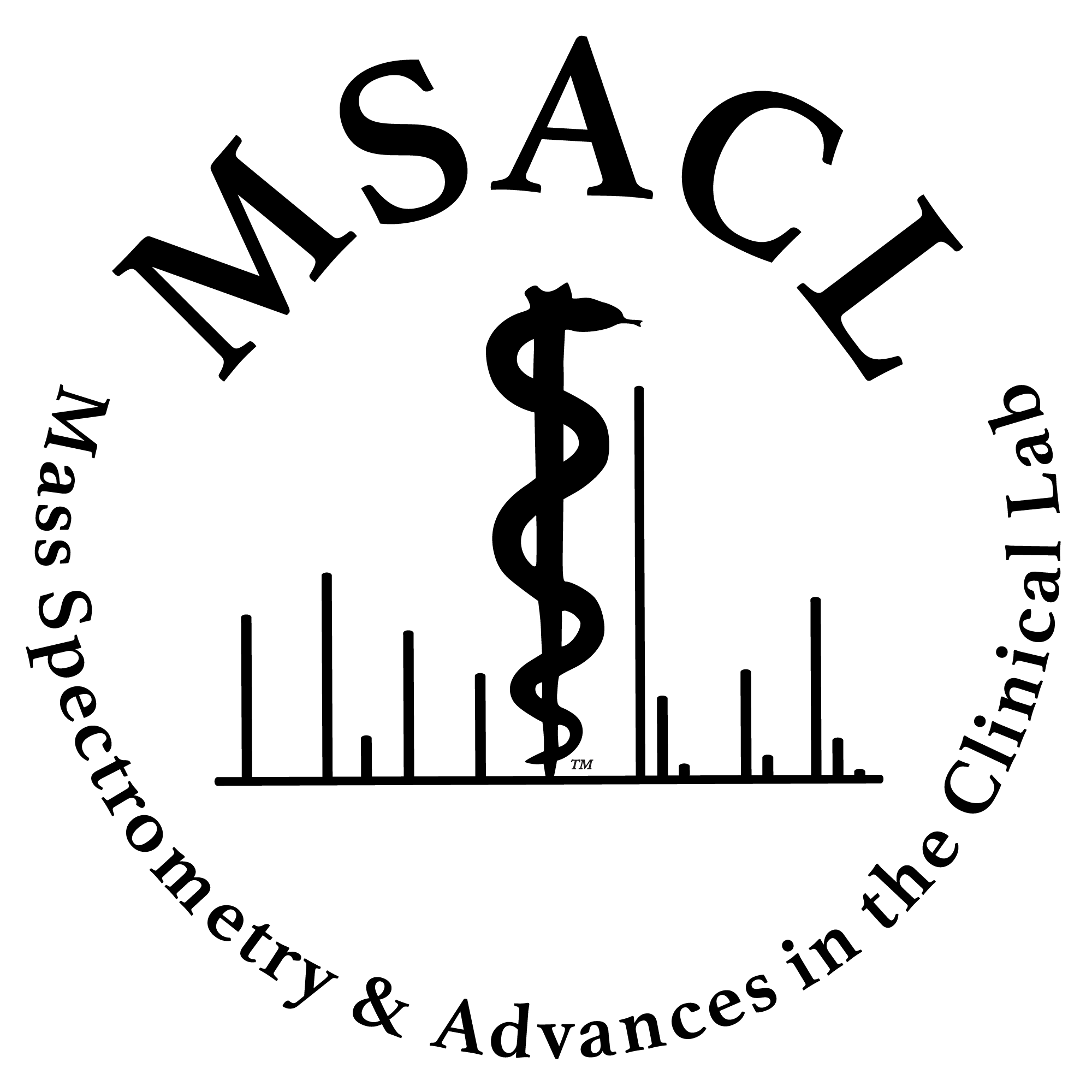MSACL 2022 Abstract
Self-Classified Topic Area(s): Cases in Clinical MS
|
|
Podium Presentation in De Anza 1 on Wednesday at 14:20 (Chair: Brian Keevil / Jayson Pagaduan)
 Newborn Screening for Vitamin B12 Deficiency: Is it Justified? Is it Possible? Newborn Screening for Vitamin B12 Deficiency: Is it Justified? Is it Possible?
Bojana Rakić (1,2,3), Josh Dubland (1,2,3), Graham Sinclair (1,2,3), Hilary Vallance (1,2,3)
(1) BC Children's Hospital, Vancouver, BC, Canada (2) University of British Columbia, Vancouver, BC, Canada (3) BC Children's Hospital Research Institute, Vancouver, BC, Canada

|
Bojana Rakic, PhD, FCCMG (Presenter)
BC Children’s Hospital, Vancouver, Canada |
|
Presenter Bio: Dr. Rakić is a Biochemical Geneticist at BC Children's Hospital in Vancouver, Canada. She obtained her BSc in organic chemistry from the University of Belgrade and a PhD in biological chemistry from the University of Ottawa. She completed a fellowship training in Laboratory Biochemical Genetics at University of British Columbia. Her research interest is in developing new diagnostic tools for investigating inborn errors of metabolism, investigating pathophysiology of metabolic diseases and studying immunometabolism in patients with inborn errors of metabolism. |
|
|
|
|
Abstract Background:
Pregnant women with low intake of animal-source foods are at increased risk for inadequate B12 status and there is a concerning prevalence of low B12 status in pregnancy worldwide. Several studies have shown that maternal B12 status is an important determinant of B12 status of the infant and inadequate B12 levels can further deteriorate during the exclusive breastfeeding interval due to low cobalamin content in breast milk. Prolonged B12 inadequacy in infancy has been shown to correlate with failure to thrive, lethargy, feeding difficulties and delayed motor development, Dror DK. Nutr Rev (2008). Importantly, two randomized controlled trials of cobalamin supplementation in at risk infants have shown improved gross motor development in supplemented infants compared to placebo.
In British Columbia (BC), vitamin B12 status along with methylmalonic acid (MMA) levels (a functional marker of B12) were evaluated in pregnant women of European and South Asian descent during the 1st and 2nd trimester. Inadequate B12 status (B12 < 148 pmol/L and MMA > 370 pmol/L) was found in ~9% of those with South Asian ancestry and ~1% of those of European descent, Amy Tan. Br J Nutr (2021). Based on pregnancy demographics in BC (16.5% South Asian and 35% European descent), this would translate to ~2200 pregnant mothers with inadequate B12 levels per year in the province.
Methods & Results:
Given the high rates of B12 inadequacy and large South Asian population in BC, a significant proportion of BC newborns may be at risk of prolonged B12 deficiency during infancy. From 2009 to 2020 the BC newborn screening program screened for disorders of propionic, methylmalonic, and cobalamin metabolism using propionylcarnitine measured by flow injection tandem mass spectrometry. Although the primary targets of this screening test were inborn errors, incidental identification of nutritional B12 deficiency was confirmed in 12 infants over a 12-year period (1/44,000 births).
In 2021 a new set of second-tier LC-MS/MS assays measuring methylmalonic acid, homocysteine, and methylcitric acids were introduced to the program allowing us to lower the C3 cutoff for increased sensitivity while maintaining the positive predictive value of the screening test. In one year following this change, 32 infants were identified and confirmed as B12 deficient based on infant and maternal testing for an incidence of B12 deficiency of 1/1375 births.
Conclusion:
While the introduction of this second-tier test clearly improved our sensitivity for the detection of neonatal B12 deficiency, this may only represent a fraction of potentially affected infants. First tier screening directly for MMA and/or HCYS may be required to truly assess the scope of B12 deficiency in the population.
|
|
Financial Disclosure
| Description | Y/N | Source |
| Grants | no | |
| Salary | no | |
| Board Member | no | |
| Stock | no | |
| Expenses | no | |
| IP Royalty | no | |
| Planning to mention or discuss specific products or technology of the company(ies) listed above: |
no |
|

